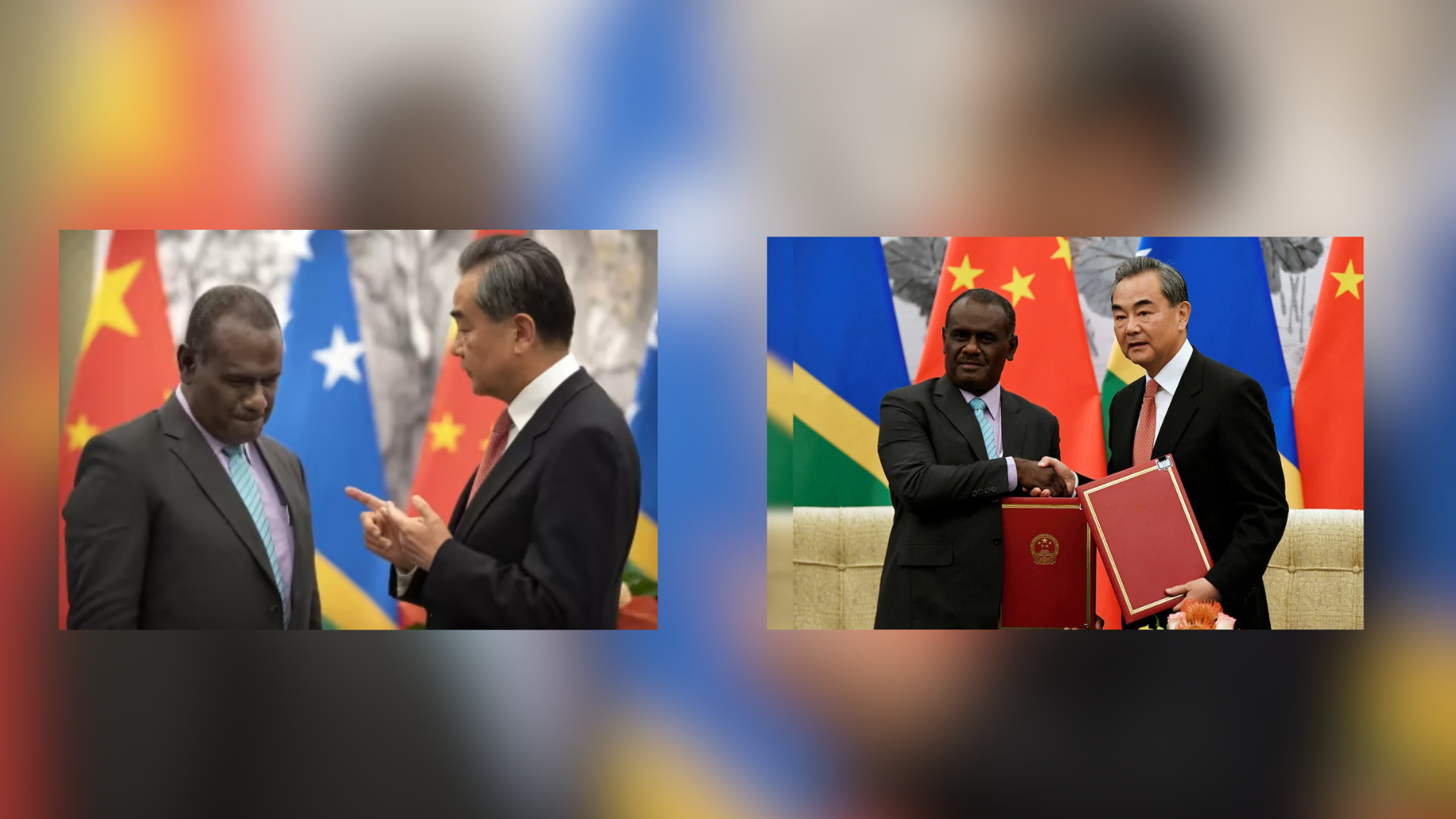


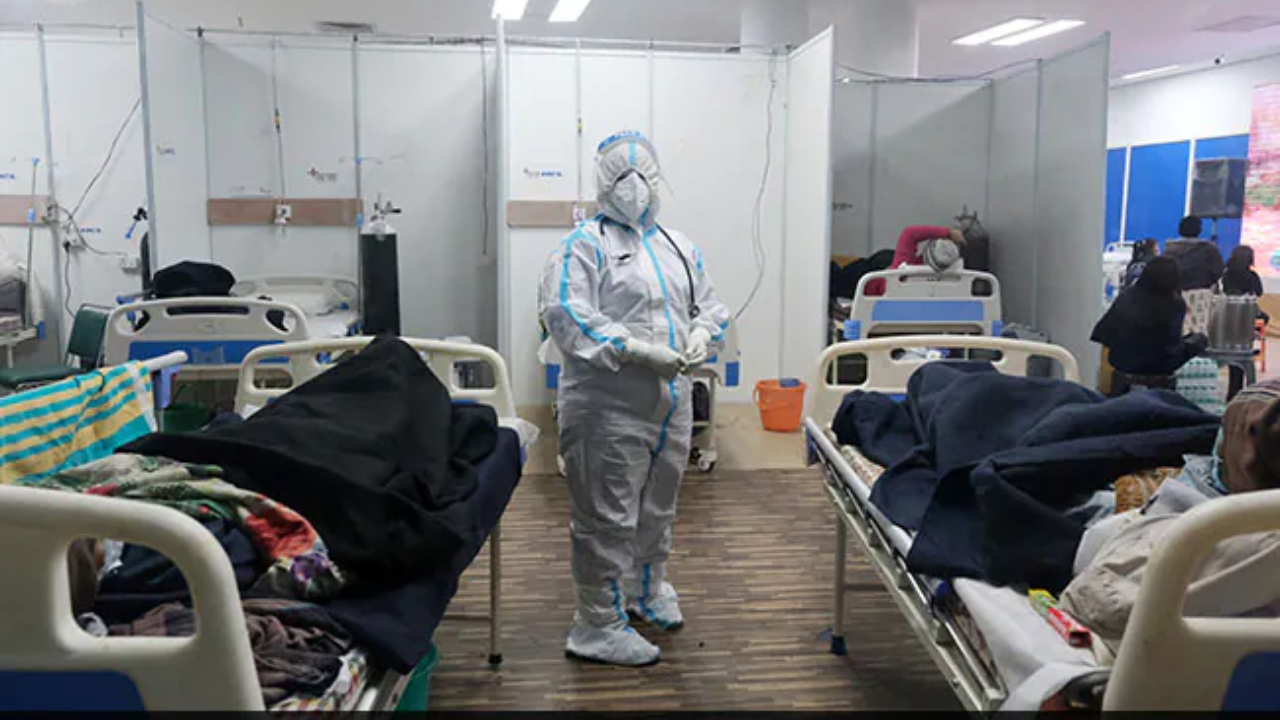
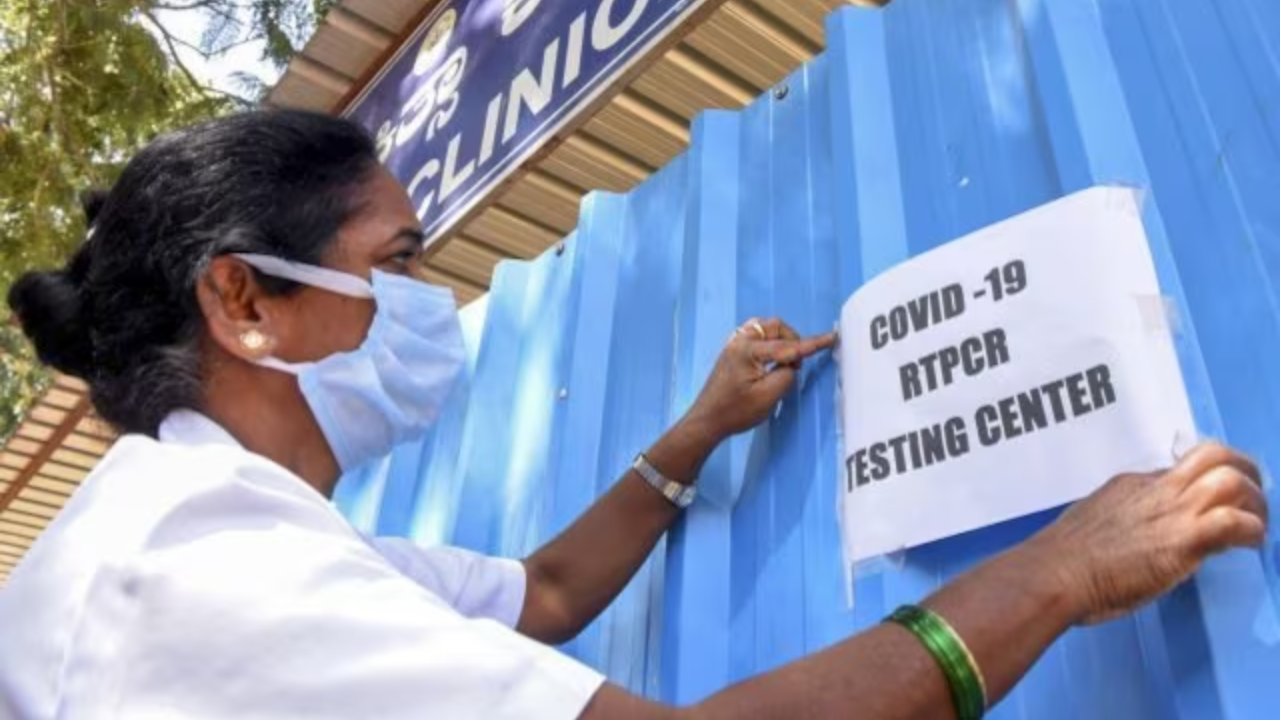


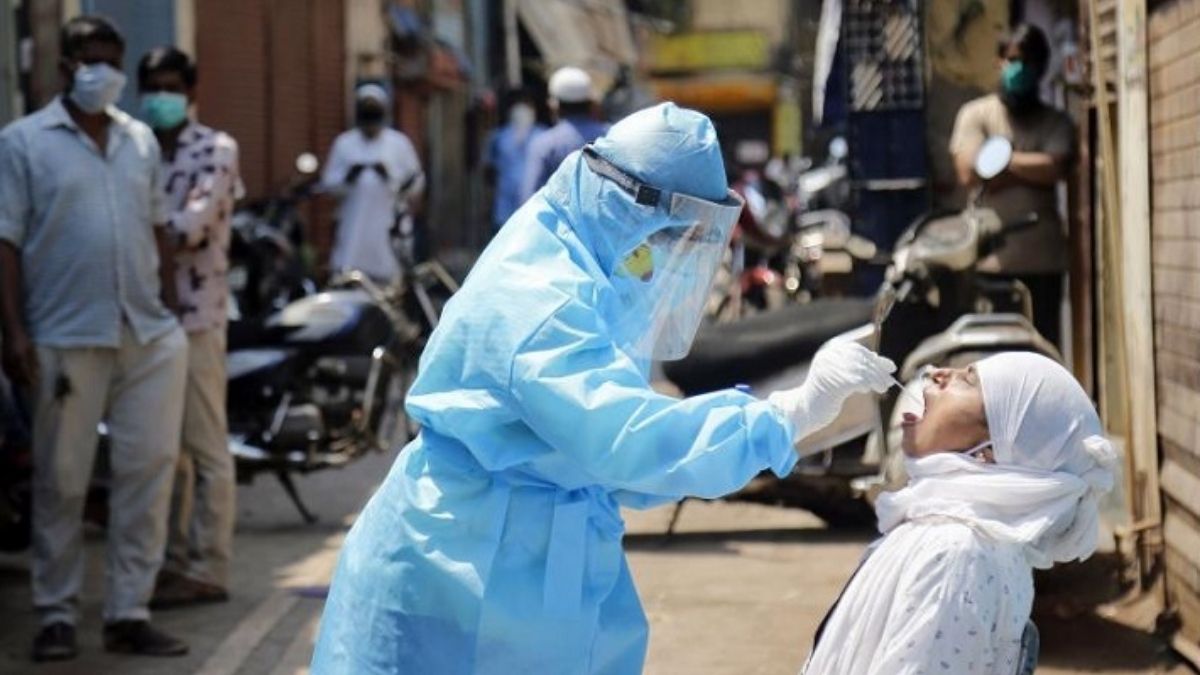
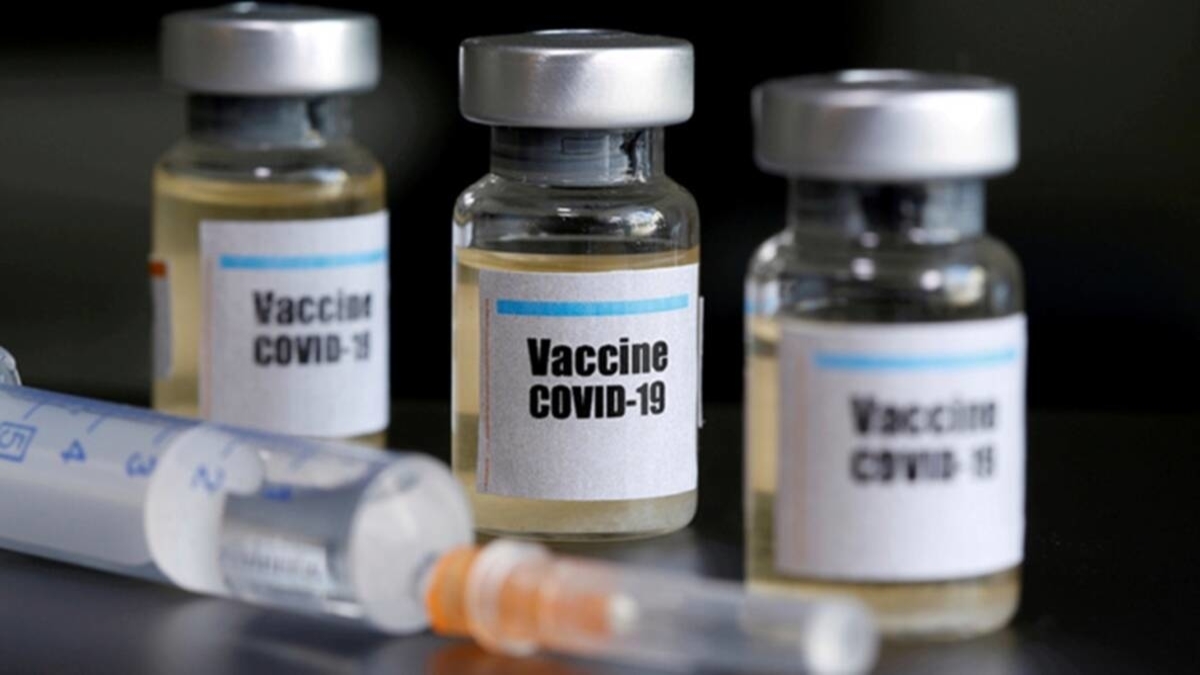
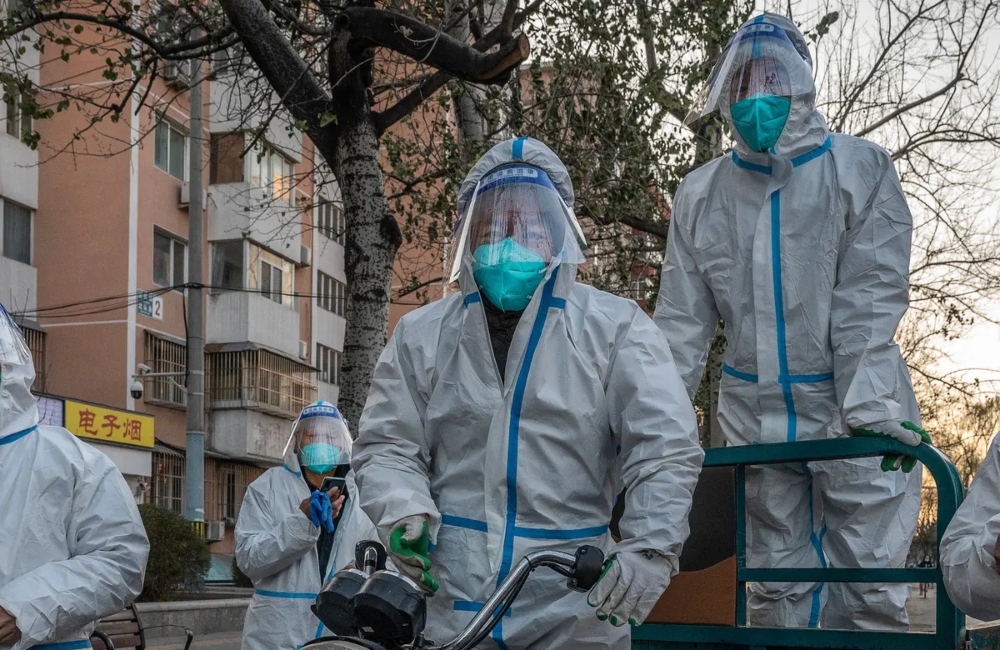
The regulation, which had been in effect since the epidemic began three years prior, was abolished by the National Health Commission. The health authorities announced in a statement that China’s COVID-19 management will also be reduced from the present top-level Category A to the less stringent Category B.
Travelers will nevertheless need a negative polymerase chain reaction (PCR) test in order to enter the nation, according to reports.
On Sunday, the National Health Commission ceased declaring new instances of Covid-19 every day and turned the responsibility over to a disease control organisation, a move that is more in keeping with the treatment of infectious illnesses of lesser severity.
Additionally, Covid-19 will no longer be referred to be a kind of pneumonia by authorities.
In China, Covid-19 has always been classified as a category B infectious disease, along with HIV, viral hepatitis, and H7N9 bird flu. However, authorities have treated it as a category A disease, giving local governments the authority to enact stringent controls like lockdowns, isolation, and quarantine.
It also enables them to work with law enforcement to fight illness.
In the meanwhile, the number of cases has increased as China substantially relaxed its zero-tolerance attitude against the coronavirus in recent weeks, leading to a national scarcity of test kits and treatment.
Since official numbers from the central government are still low, the severity and scope of the nation’s first statewide outbreak remain mostly unknown, according to the American media.
The government has a strict definition of what constitutes death from COVID. Censors swiftly remove anecdotal evidence, such as social media posts showing hospital mortuaries jam-packed with corpse bags.
An image of the virus spreading rapidly is already starting to take shape. In recent days, one province and three cities reported Covid estimations that are considerably beyond official figures, according to American media.
An official in the 65 million-person Zhejiang Province estimated that the number of daily Covid cases there had surpassed one million during a news conference on Sunday.
A health minister in Qingdao, an eastern city with a population of 10 million, said on Friday that there were around 500,000 new cases reported daily and that he anticipated that figure to significantly increase in the following days.
A local health committee study on Friday projected that in the seven million-person metropolis of Dongguan in central Guangdong Province, there are between 250,000 and 300,000 new cases per day.
In addition, in Yulin, a metropolis of over 3.6 million people in northwest Shaanxi Province, officials recorded 157,000 cases of the virus on Friday, with models projecting that more than a third of the city’s population had already contracted it, according to local media.
These figures drastically contrast with those provided by China’s national health commission, which, according to sources, on Friday recorded 4,000 Covid instances nationwide.
Health professionals and official media sources have understated Covid’s seriousness by emphasising recovery tales rather than accounts of serious sickness. As a result, the pandemic, which some experts predict might result in over a million deaths in the next several months, has received a biassed portrayal.
Notably, the Communist Party has abandoned the stringent “zero Covid” policy that sparked widespread unrest and was a rare challenge to the Communist hierarchy.
As Covid rips across areas of China, millions are scrambling to get treatment, from the most basic cold medications to take at home to stronger antivirals for patients in hospitals. In the meanwhile, there is a lack of medicine.
Many people in China, gripped by grief and worry, demand a national reckoning over the strict Covid policy. According to accounts, demanding accountability from the government may be an impossible task.
Beijing claims that the issue is under control, but data on infections have grown increasingly hazy as pandemic restrictions have been relaxed. Beijing appears to be in the midst of a lockdown, this time one that the citizens have imposed on themselves, as Covid sweeps over the Chinese capital.
According to sources, China has only reported seven fatalities from Covid in the previous two weeks and a few thousand new cases every day, which health professionals deem a significant undercount.




